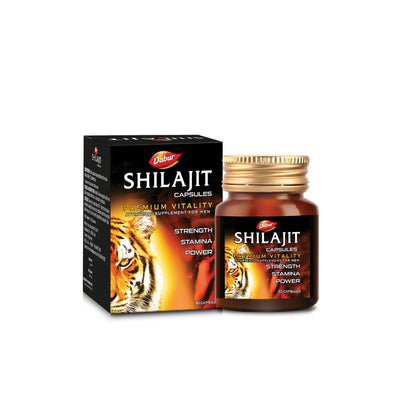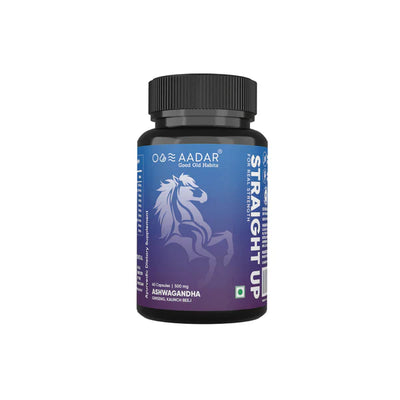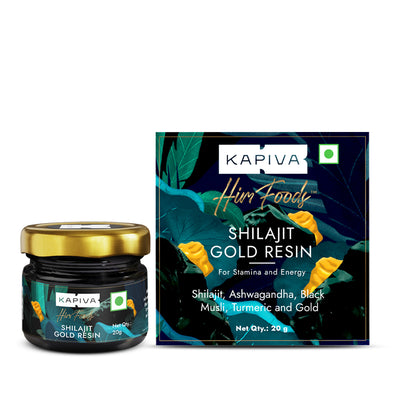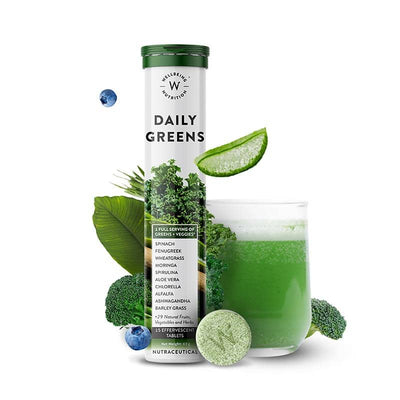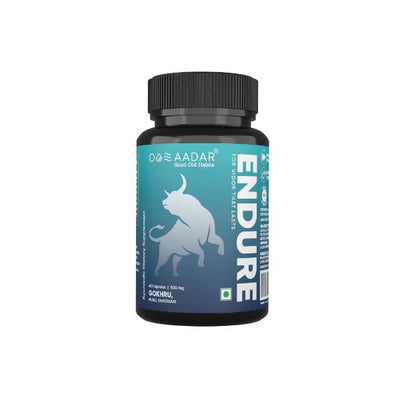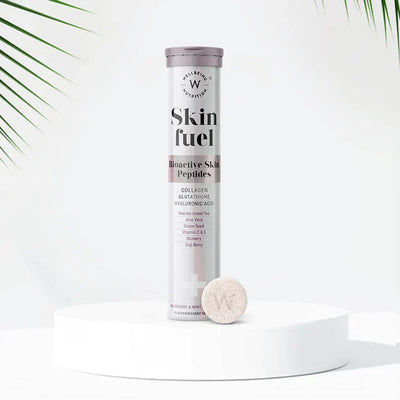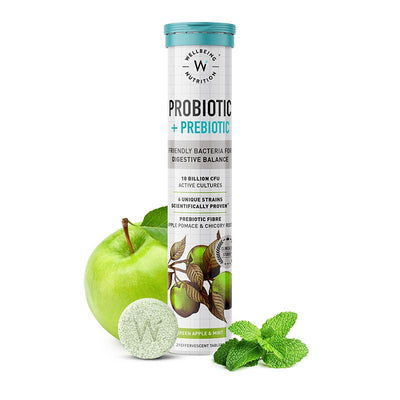8 Effective Tips to Maintain a Healthy Gut
The Importance of a Healthy Gut
It's no surprise that your gut is essential to your overall health. Recent research has shown that the gut microbiome is responsible for digesting food and regulating immune function and metabolism. This means that a healthy gut can help to reduce inflammation, improve digestion and absorption of nutrients, and help prevent chronic diseases like diabetes and obesity.
How to Maintain a Healthy Gut
There are multiple ways you can maintain a healthy gut, including eating various foods. This will help ensure you get all the nutrients your body needs to stay healthy. Following are some ways to provide a healthy gut and help improve your overall wellbeing.
Regular Exercise
A healthy and functioning gut is important for your overall health, and regular exercise can help improve your physical and mental wellbeing. Exercise stimulates the production of endorphins, chemicals that make you feel happy and relaxed. It also boosts your metabolism, so your body can process food more efficiently.
Consumption of Fiber-Rich Foods
Your body can't break down fiber on its own. Instead, it passes through your digestive system intact and helps to keep waste moving through your colon. Eating fiber-rich foods such as vegetables, whole grains, and legumes can help improve the health of your gut by increasing the speed at which waste leaves your body.
Stress Management
Stress is one of the most common causes of constipation. When you're stressed, your body releases chemicals that slow down digestion and inhibit the contraction of muscles in your digestive tract. By taking steps to manage stress in your life, you can help prevent digestive problems from occurring in the first place.
Taking Probiotics and Prebiotics
Probiotics are live microorganisms present in certain foods and supplements. Probiotics have been shown to help improve digestive health by promoting the growth of good bacteria in your gut.
They can also help decrease the severity of diarrhea caused by antibiotics and prevent traveler's diarrhea abroad. Prebiotics are non-digestible carbohydrates that benefit probiotic bacteria by providing food for them to grow on. Both probiotics and prebiotics benefit the gut immensely to stay healthy and functional.
Eat on Schedule
You may have heard that eating on schedule helps to improve digestion. This is because food eaten regularly daily gives your body a better chance to function without disrupting its routine. You can also prevent indigestion by avoiding spicy and fatty foods, which are known for causing heartburn and other digestive issues.
Stay Hydrated
Drinking adequate water can help to prevent indigestion. Drinking ten glasses of water each day is considered "optimal." Still, it may be best to drink more if you're experiencing indigestion or other digestive issues.
Ditch the Bad Habits
Some bad habits can contribute to indigestion. For example, drinking alcohol and smoking cigarettes can irritate your stomach and cause indigestion. If you smoke or drink, cut back on these activities as much as possible to help improve your digestion.
Avoid Fatty Foods
Fatty foods are likely to cause indigestion. High-fat foods can slow stomach emptying, so your body must work harder to digest them. This adds pressure to your digestive system and may contribute to indigestion symptoms.

